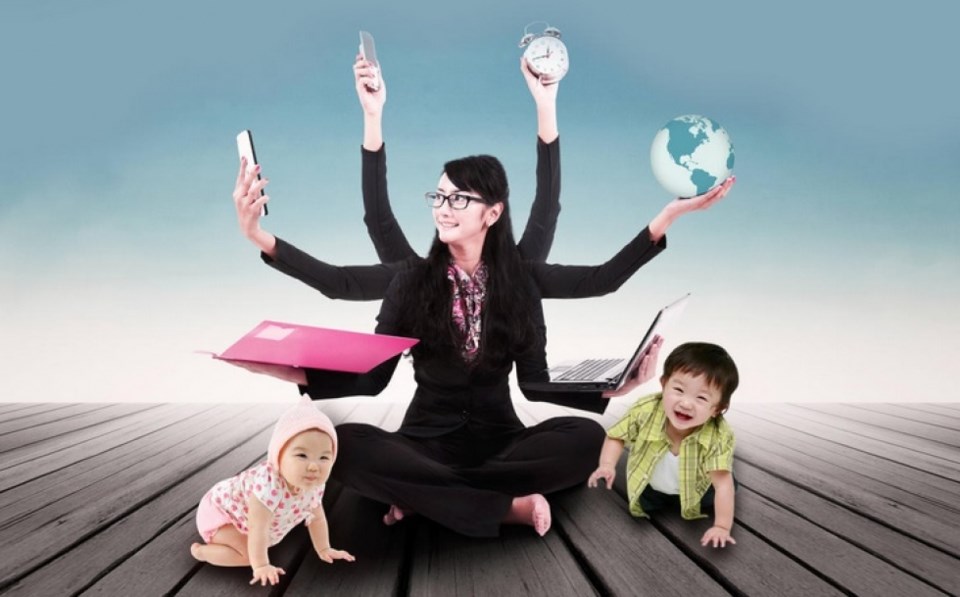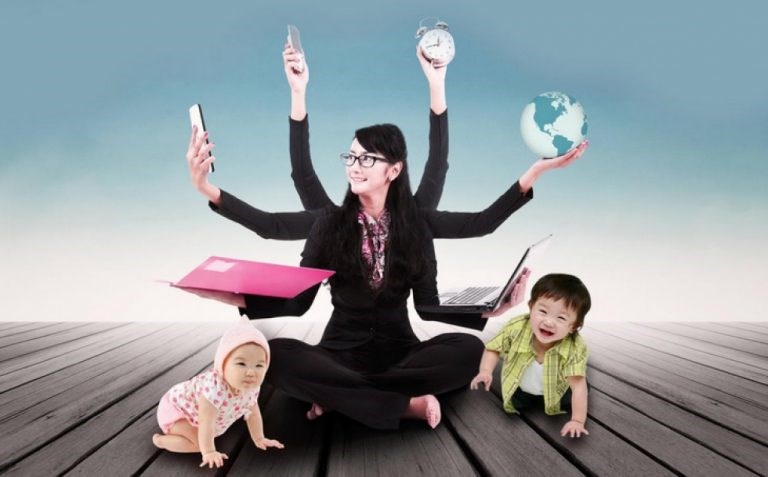 "The Art of Seeing" by Michael Milton
"The Art of Seeing" by Michael Milton
A wise person once said, "The bad news is you can't have it all. The good news is that when you know what's important, you don't want it all anyway." ~Anonymous
I get a lot of my inspirations for writing this column from watching and listening to Brooklyn life as it happens around me daily. Inspiration is always there--on the playground, at the dry cleaners, inside the library or out in the park.
I observed a woman the other day in Sahadi's, located at 187 Atlantic Avenue in Brooklyn Heights. Sahadi's is a vast family run market with spices, vats of tahini and other staples, Middle Eastern and not. (Their hummus is outstanding, by the way.) The forementioned woman was pushing two kids in a stylish stroller, talking on a cell phone while shopping.
She was impeccably dressed, her hair perfectly streaked, her make-up fresh, her body toned, her accessories tasteful. As I watched her sample one of the hummus flavors ("Too hot" she mouthed to the man behind the counter,) she continued talking on her phone as she pointed to a plainer variety of blended chick peas to sample. I figure she is either talking on the phone to a henpecked husband or a hard pressed assistant; "Pick up the clothes;" "Drive out and meet the pool man;" "Make sure the flowers are what I ordered."
She reminds me of the idee fixe Helen Gurley Brown created back in the 1980s when she assured women that they could have it all. The tactics she outlined in her 1982 book on the topic, "Having It All, Love Success, Sex, Money " were reflected in cinema's delightful film "Working Girl" from 1988. Ms. Brown championed a kind of feminism which drove a couple generations of professional women out to claim their piece of the pie. The busy woman at Sahadi's represents, on the surface at least, a throwback to the characters played by Melanie Griffith and Siguorney Weaver, a modern gal striving to have it all.
"Sure," I think sardonically to myself as I watch her. "You can be married, be waxed, have children, keep a flawlessly clean house, cook 3 gourmet meals a day, volunteer at your local soup kitchen, have the perfect wardrobe, work out 4 days a week, be a hooker in bed with your husband, plan ideal vacations, write poetry, throw pottery . AND run a business!"
Like hell you can.
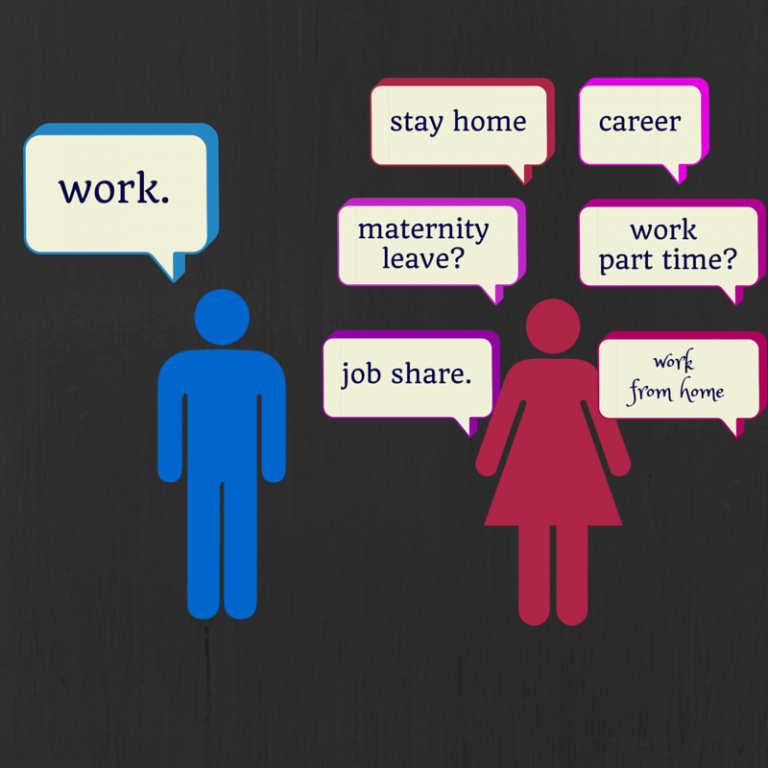
I am a white man. I'm six foot, four inches tall. I'm college educated, reasonably presentable with modest dreams. I am--based upon only the first five words of this paragraph—the true role model for the idea of having it all. But the male bar for having it all was set pretty low, by men, of course but also by women; our primary responsibilities have only been to get periodic haircuts, fire up the BBQ, take out the trash and bring home a pay check. Based upon THAT paradigm, my new friend here at the market will not—at least for the next twenty five years or so--attain society's definition of all.
In the 1980s what Ms. Brown was saying was that in a woman's world,—a world, ironically, that had been created at least in part by men--women might have a shot at having it all. Salary parity? Not then and not now. Equality in hiring? I don't think so. Sexual harassment? But of course. Expect it! Women can aspire to have it all in a separate universe in which only females compete with one another while they are still most likely answerable to a man!
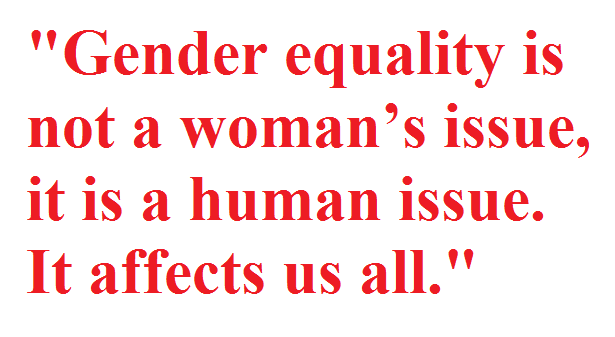
Of course, all of this broadly painted conceit of mine depends on the female individual's vision of what all signifies to her. Clearly, the perfectly turned out woman here at Sahadi's has a long list of needs which define her personal all.
All is an ever expanding descriptive, the borders of which move further out of reach as each item that comprise all is achieved and crossed out. How could it be otherwise? We were born into and live deep within the roaring motor of capitalism; more is part of all's battle cry for every business in each year's newest numbers projection.
The woman here at Sahadi's is in her thirties, I'd guess. And soon, her definition of all will begin to change. She will need to adjust her all to the fact that her kids' are grown up and have fled the coop. She will need to come to terms with her husband's philandering. And what about the guilt she feels from her own indiscretions? Her energies will flag a bit around her formerly brutal exercise program and wonder about getting her growing butt back onto the yoga mat.
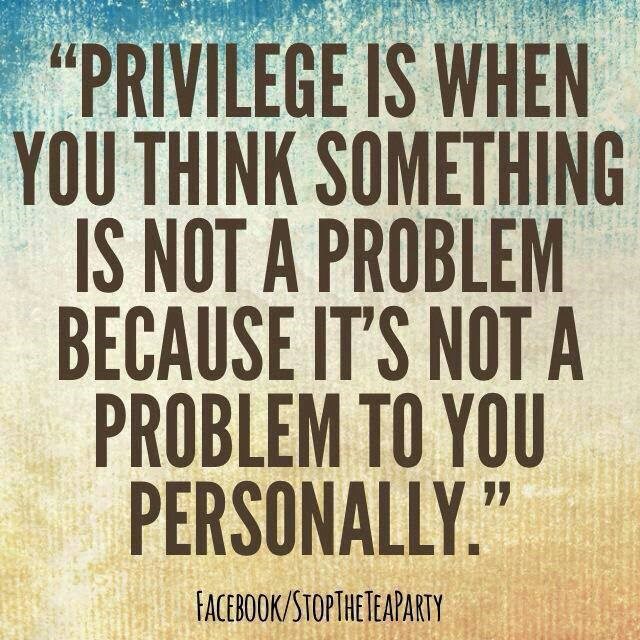
She will need to figure in menopause, the wild fluctuations of our economy, of being aged out of her posh job in Manhattan. She will grieve the death of her parents, face the necessity of selling the second house in Pound Ridge to put the kids into rehab, pick up the pieces from some random financial disaster resulting in her husband being fired. She will become even more challenged as her body betrays her in a hundred little and enormous ways; breast cancer, osteoporosis, sagging skin, crow's feet, body fat which simply doesn't respond to exercise, cures, curses or even liposuction—fat simply finds another place in her body to take up residence.
Obviously, none of this was the all she wished to claim for herself. The nature of things doesn't care about our lists.
Change and impermanence are the cornerstones of life. If change is a constant, the lady's all must be, by extension, ever changing. Technically, we can never actually have it all; or rather, we can never have it all at the same time. And resistance to this brings only pain.
The woman leaves the store; her mini-van is parked in front. She's still on the phone. She trundles the kids into their seats, hops into the vehicle herself and races off down Atlantic Avenue.
I wish her the best. I wish everyone the best, men and women. All isn't 'out there' for any of us, I'm afraid. I wish it were. Oh sure, we have seemingly blessed moments of thinking "I've made it! The kids are safe, my husband (or wife) loves me, I have money in the bank. I have it all."
And then tomorrow comes.
Life is give and take. Give thanks and take nothing for granted. Being happy doesn't mean you have it all, it means you appreciate all you have.

